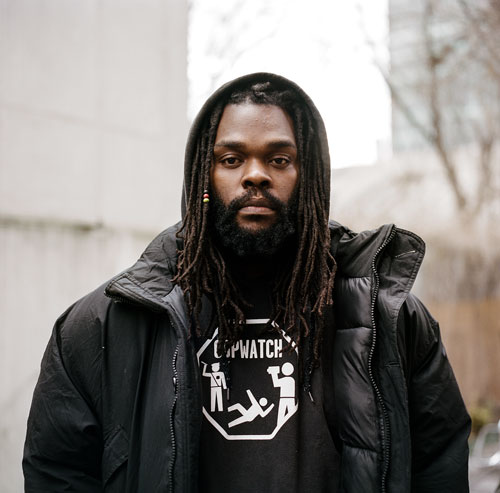
“I learned about the depth and scope of pain and inequality in the U.S. that was so deeply profound.” – カミラホール
警察の残虐行為の改革についてもっと多くのことをするよう指導者と警察署に圧力をかけることは、世界的に抗議に拍車をかけました. Some people believe that taking videos of beatings or killings holds police officers accountable for their actions. Others see it as exploitation. The Director of Copwatch, カミラホール, hopes that people will take away the importance of filming and documenting “as a means to protect those around us who are at risk of violence at the hands of the police.”
Hall’s film, コップウォッチ, tells the story of WeCopwatch, an organization whose mission is to film police activity. The film profiles the key members of WeCopwatch, including Ramsey Orta, who filmed Eric Garner’s final words on a cellphone during Garner’s Staten Island arrest and subsequent death, which helped galvanize protesters and activists across the country.
教育のためのグローバル検索 welcomes Director Camilla Hall.
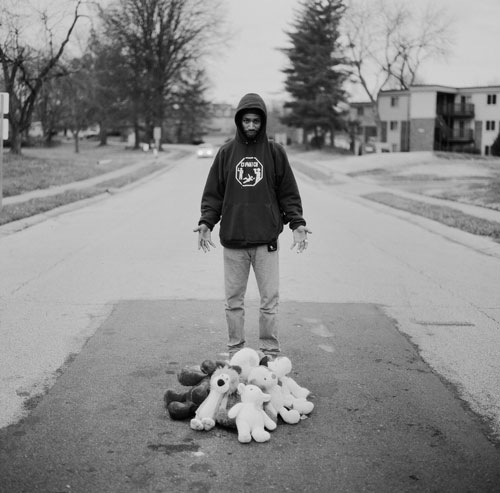
“I learned what it is like to live on edge in a way that I had never experienced.” – カミラホール
Camilla, your film is once again so relevant and timely. コップウォッチ was first screened at Tribeca – what comes to mind when you think about the audience feedback at that time?
Showing the film at the Tribeca Film Festival in New York in 2017 was a deeply profound experience. I was surprised at how moved people were after seeing the film. We would often spend hours hanging out afterward with the audience, just talking through and processing the emotions together. The film has a raw pain running through it that is hard to ignore. These individual interactions were incredibly moving and powerful. We were able to show the film again at “We Are One” this year and that was an amazing moment to hear from viewers all around the world — from India to the Philippines — about the issues of police brutality in their own countries. It’s clear that police brutality is a global problem that each country has to address through its own lens.
How do you think the timing of the George Floyd tragedy and others impacted the global movement to further #BlackLivesMatter? Do you think your story might have played a role?
I would never claim that my film has impacted the #BlackLivesMatter movement. コップウォッチ documented a moment in time that forces us to remember that we’ve been here before; none of the issues forcing people to the streets are new. The Copwatch movement as a whole and all the iterations of that across the United States, where there are many different groups, can be a powerful tool for change and it holds the police accountable in that very moment. Simply filming a police interaction can prevent violence and that is the goal: not to capture brutality but to prevent it from your physical presence with a camera.
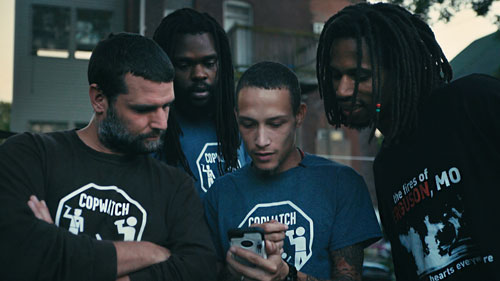
“I saw the extraordinary mental health consequences of living without any form of security over your physical safety, your health, your work, the safety of your loved ones, and the safety of there being enough food to eat.” – カミラホール
How difficult was it to get this film made from a funding, marketing and distribution perspective? What lessons did you learn from the experience that you can share with other filmmakers?
Getting the film made was definitely a struggle. And the most important lesson I learned in that process was to not underestimate anyone. The people I hoped would come through didn’t, and then people who I never met before nor expected to help, did. People can really detect determination and passion and they want to jump on board with that. You have to have no fear to ask for what you need and find that money. I often had to hide the challenges I was facing in making the film and put on a big smile when I met with investors. The film couldn’t have been made without such an amazing team of people who gave so much. Finding your “film family” is really everything when it comes to trying to complete a project. Every film that exists is a miracle and getting to the end of one is truly an emotional and physical marathon.
As a caucasian woman, what did you learn from making this film? What do you hope mainstream audiences will take away from your documentary?
It’s hard to begin in terms of what I learned during the course of making this film. I learned about the depth and scope of pain and inequality in the U.S. that was so deeply profound. It definitely changed me forever. I learned what it is like to live on edge in a way that I had never experienced. I saw the extraordinary mental health consequences of living without any form of security over your physical safety, your health, your work, the safety of your loved ones, and the safety of there being enough food to eat. とりわけ, I learned about the sheer depths of my White Privilege and how much work I have to do as an individual to improve and do better. I hope that people will take away the importance of filming and documenting as a means to protect those around us who are at risk of violence at the hands of the police.
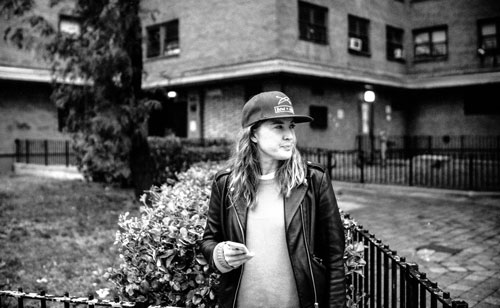
“Most of all, I learned about the sheer depths of my White Privilege and how much work I have to do as an individual to improve and do better.” – カミラホール
あなたは信じます 2020 will be an important year for your film?
I think it’s an important year — not for my film — but in general. The people need to vote against hate so that the real work can begin. I have a lot of faith in the younger generations who are already flexing their power, and I hope with the right support, they can get the right leaders in place to move the country forward and halt its regression into darkness.
Do you believe discussions about your film can lead to constructive discourse and long term solutions to racism?
I don’t believe that any one film can prevent police brutality, but I do believe that movements can open our eyes to the problems and keep the issues alive. Police brutality is just a symptom of a broader and systemic institutional racism that is absolutely embedded. Holding police accountable through video is just one tool that exists and needs to be done alongside all the other powerful actions that are currently taking place.
Filmmakers are seeing funding for the arts cut. The film industry is hurting globally. Why do you believe we must support art and artists now?
We must support artists of color now more than ever so that these stories are told, not by people who look like me, but by filmmakers of color who have a deeper understanding of the issues. Art is a tool for change and can force people to see things differently and encourage them to care and invest in issues that do not affect them. It is more important now than ever to make sure people are educated and understand their rights when it comes to the police.
(All photos are courtesy of Adriel Gonzalez and Patrick Hamm)
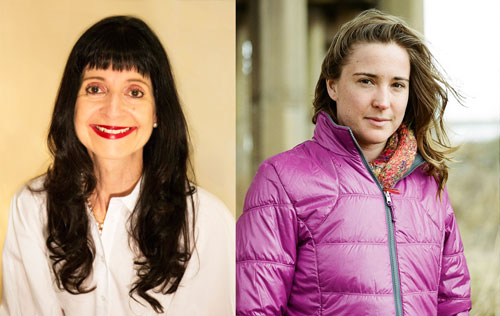
C.M. Rubin and Camilla Hall
私たちにありがとう 800 プラス グローバル貢献, アーティスト, 教師, 起業家, 研究者, ビジネスリーダー, あなたを共有するためのすべてのドメインからの学生とソートリーダー との学習の将来についての展望 教育のためのグローバル検索 毎月.
C言語. M. ルービン (キャシー) CMRubinWorldの創設者であります, オンライン グローバルラーニングの未来に焦点を当てた出版社, そしてその プラネット教室の共同創設者. 彼女は3つのベストセラーの著者です 本と広く読まれる2つのオンラインシリーズ. ルービンは、受信しました 3 アプトン シンクレア賞「教育のためのグローバル検索」。シリーズ, どれ 青少年の擁護者, で発売されました 2010 まとめる キーを探求する世界中の著名なソートリーダー 国が直面する教育問題.
Cに従ってください. M. Twitterでルビン: www.twitter.com/@cmrubinworld

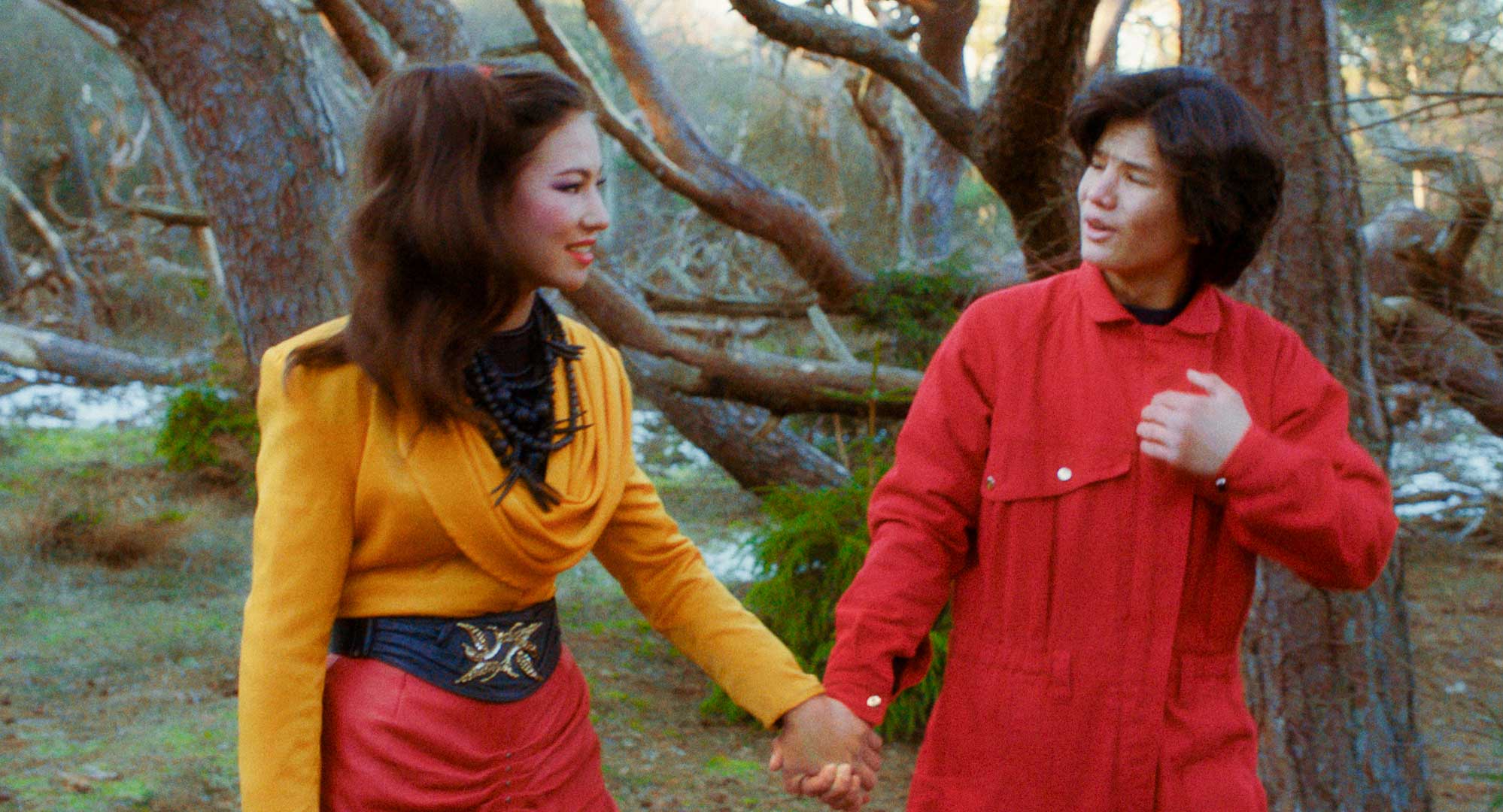

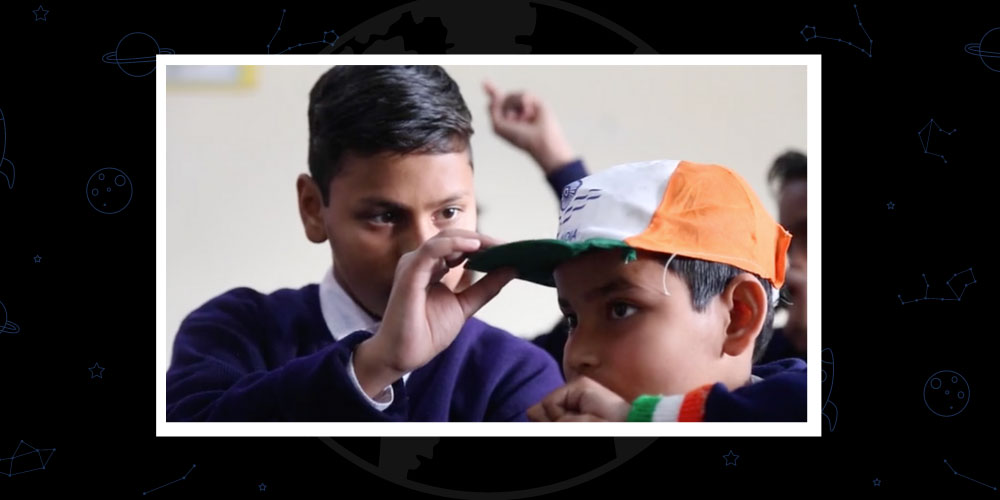
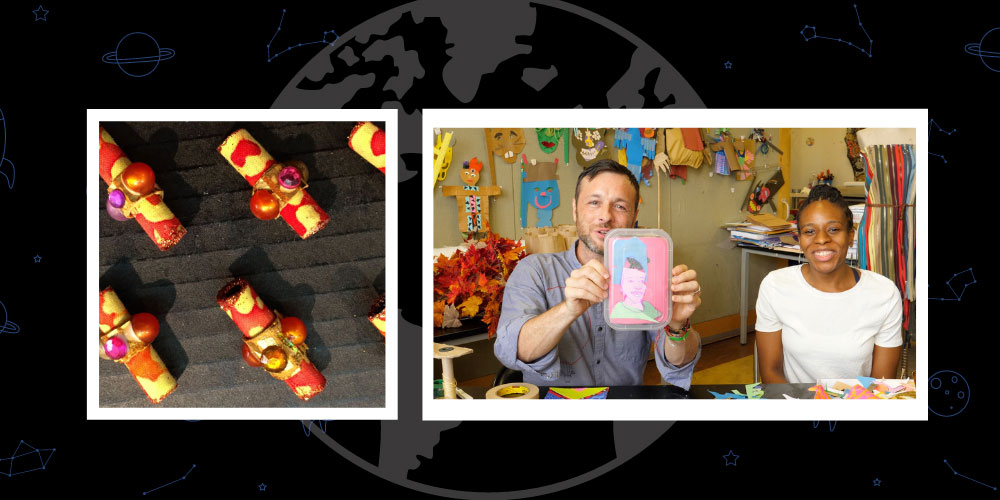
最近のコメント